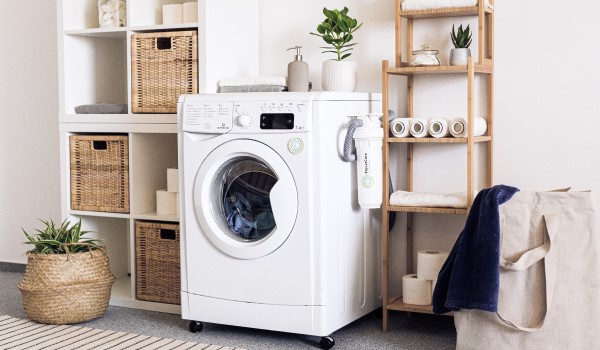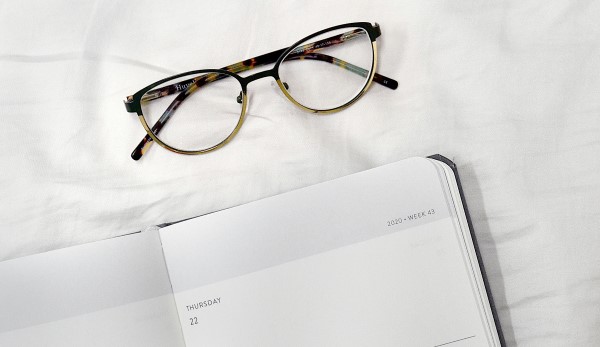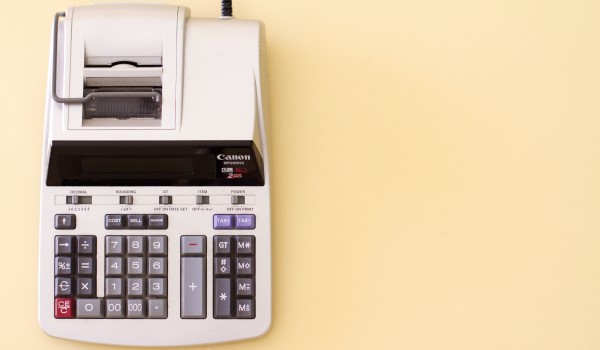Am I a first-time buyer?
You're a first-time buyer if you've never owned a house before, anywhere in the world. If you've inherited property, or if you've shared ownership of a property with someone else, then you won't be considered a first-time buyer.
Should I even buy a house?
Buying a house is a huge financial decision and can be a great investment. But, don’t feel like you have to jump on that bandwagon just because all of your friends are becoming homeowners. If you’re not ready, wait a while and come back to the idea. If you did want to save without it being specifically for a house, why not look into our range of ISAs or easy access accounts so that you’re saving ready for whatever you choose to do?
Here are some things to think about when deciding whether to buy your first home.
Pros of buying your first home
- Freedom to be you: when you own your home, you’ll have the choice to make changes such as decorating and taking on bigger projects such as extensions which could hopefully add value to the property. You can’t really get your DIY on with a rental property!
- A sense of security: home ownership provides a sense of security for your future. Your first home is yours to own, develop and enjoy.
- Long-term financial gains: while housing markets fluctuate and historically, house prices have risen, over a long period of time the value of your house should increase. This will stand you in good stead for retirement or buying a larger property in future as you will have an asset to sell when you are ready.
- Gaining equity: over time as you pay off more of your mortgage and the value of your home increases, so will your equity - the difference between the value of the house on the property market and the outstanding amount that you owe on the property.
- Saving money: while home ownership is a big investment initially, your monthly repayments may actually be less than your rent.
Things to consider when buying your first home
- Understanding your credit position: this is the most important check a lender will make before offering you a mortgage. Don’t worry if you’ve never thought about it before, you can easily check your score with a free checker such as Experian, which will highlight any red flags such as unpaid mobile phone bills that you can try to resolve as soon as possible.
- Eliminating credit problems: try to resolve problems such as overdrawn accounts or outstanding credit card bills. Try keeping your current account in credit for at least three months and remember to register your name on the electoral roll.
- Raising a cash deposit: higher deposits allow for more flexibility in mortgage payments and timescales. Also, lenders may accept cash gifts from parents towards your deposit so if you’re lucky to have this kind of help it can really boost your deposit - lenders accept the extra funds as part of your deposit.
- Covering other expenses: your savings also need to cover the searches on the property you’ll need to get, valuation fees and other legal expenses. Your mortgage adviser should let you know what these costs are but aim to have around £1,500 for legal fees and searches as a ballpark figure. This can change depending on which solicitors you use, where you live, and which searches you choose for the property as there’s a range to choose from.
- If you're buying a house under £425,000 you won't need to pay any Stamp Duty but if you’re buying a house over £625,000 you’ll have to pay the same Stamp Duty as everyone else. If you're buying between £425,000+ and £625,000 you pay 5% on anything over £425,000.
- Meeting the criteria: you’ll need to have a proven employment record to meet your lender’s criteria. This means, keeping at least three months’ worth of pay slips, and being ready to present your bank statements. Self-employed? Check out our guide on self-employed mortgages for more info on what you’ll have to do that’s different to someone in a PAYE job.
- Finally, don't forget about the other costs of being homeowner like buildings, contents and life insurance. Factor in any decoration you’ll want to do when you move in, maintenance of your property and furnishing your lovely new home.
If you’re sure that you do want to buy after thinking about these considerations, there are a few more things to think about before taking this step.
How much deposit do you need to buy a house?
The higher your deposit, the lower the Loan-to-Value (LTV) ratio will be on your mortgage. Loan-to-Value ratio is the percentage of the house’s value that’s dedicated to a loan. If you put down 10% of the price of the property, which is usually the expected deposit, your LTV is 90% which means you’re borrowing 90% of the property’s value on a mortgage. If you put down 20% - your LTV is 80%, and so on.
A lower LTV could give you access to better deals which could mean lower mortgage rates and potentially lower monthly repayments.
As a minimum, your deposit should be 10% of the sale value, but try and raise as much as you can to gain access to a wider range of mortgages. 5% deposits can be a thing, but it often depends on the state of the mortgage market to whether they’re available at the time you want to buy.
Start saving for your deposit as soon as you decide that you want to buy a house and you'll soon see your funds increase. Making small swaps in your everyday spending could save you thousands more pounds a year than you think. Check out our guide on how to save fast if you need some extra tips and read on for how you could access Government bonuses.
How can you get help buying your first house?
There’s a savings account available to help first-time buyers get on the property ladder.
Lifetime ISA
The Lifetime ISA, or LISA, is a Government scheme that could help you earn 25% extra into your savings pot up to a maximum bonus of £1,000 per tax year on £4,000 of your savings. Basically, you’ll receive £1 for every £4 you save which soon adds up. If you saved the maximum each year into this account, you’d have £5,000 per tax year plus interest. If you think you can save more than this, open a different savings account and maybe set this pot aside for your legal fees or decoration budget? Take a look at the Lifetime ISA.
This account is designed for first-time buyers aged between 18 and 39, it could help you earn up to £32,000 in bonuses. If you’re not a first-time buyer then, don’t worry, you can still use the Lifetime ISA for retirement savings.
You’re ready with your funds and you’ve seen a house that you’d love to buy. What next?
Mortgage application process
When applying for your first mortgage, there are many steps to take from tidying up your finances as we’ve mentioned above to calling a mortgage adviser. Read our guide here for a more detailed view of the mortgage application process.
Why use a mortgage adviser?
Mortgage advisers do more than just match a lender and a buyer. They’ll research the right mortgage for your situation, show you the ones you could choose from and when you’ve decided, carry out the initial paperwork for your application. They’ll also tell you how to get your finances sorted to attract the right deals from lenders.









